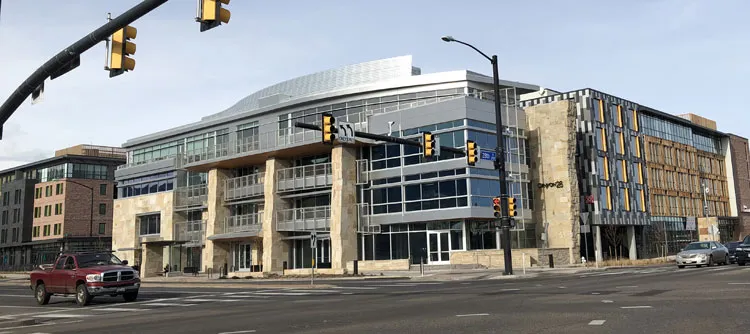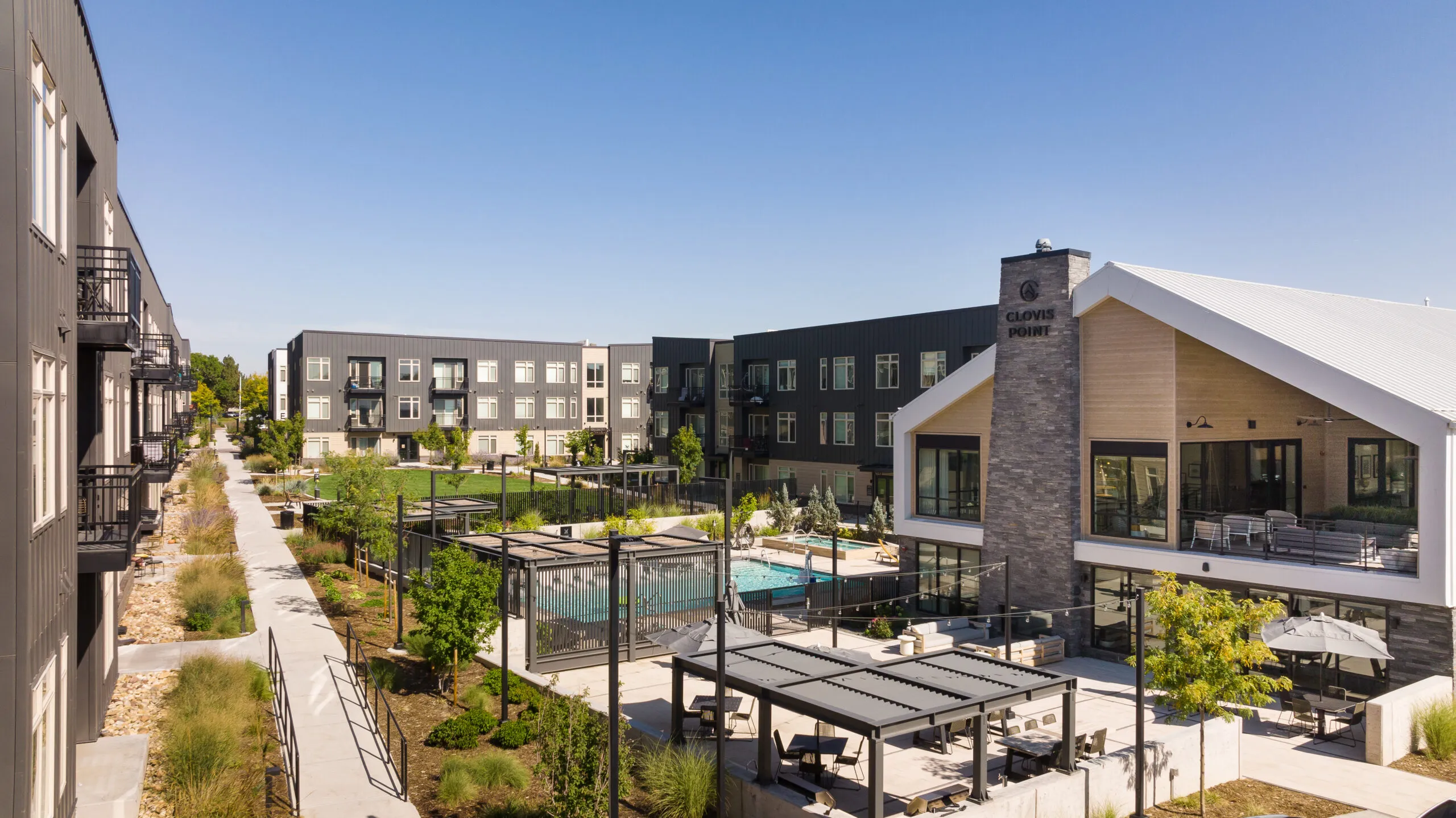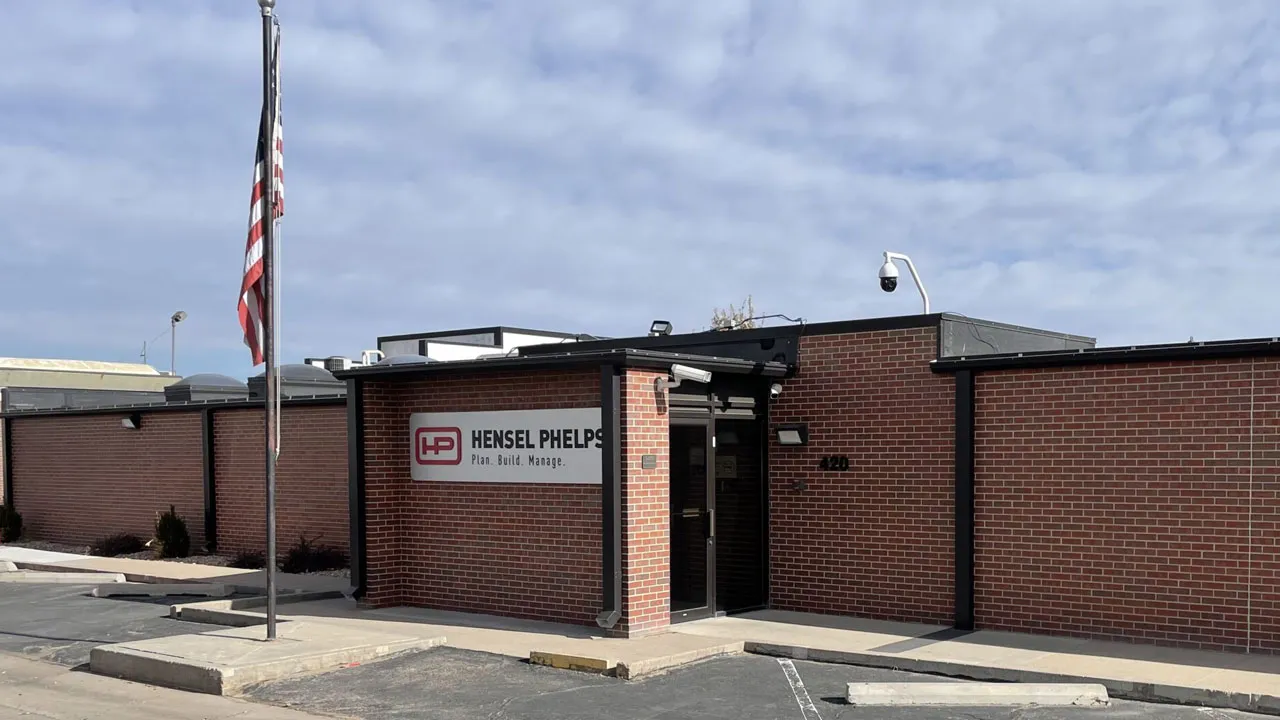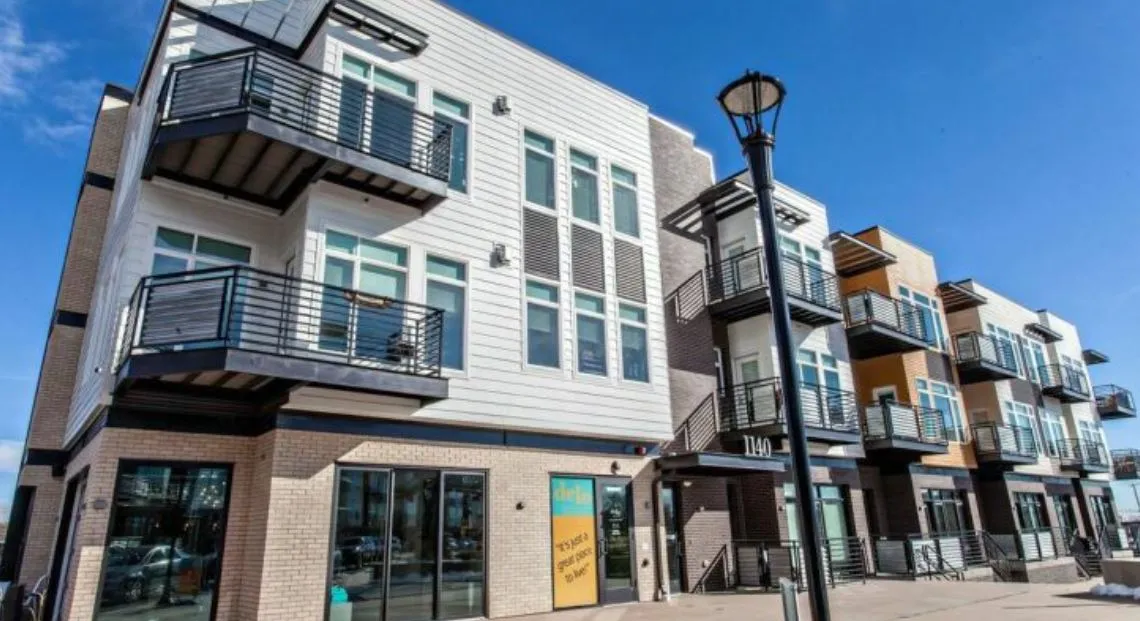WeWork files bankruptcy, but Boulder location appears safe

BOULDER — Co-working giant WeWork Inc. (NYSE: WE), once a darling of investors that promised to approach commercial real estate through the lens of a technology company, filed for Chapter 11 bankruptcy in New Jersey on Monday but does not appear to have immediate aims to jettison its Boulder operations.
While 2755 Canyon Blvd WW Tenant LLC, a holding company created by WeWork to oversee its Boulder co-working space at 2755 Canyon Blvd. is included as one the entities seeking bankruptcy protection, the Boulder space does not feature on WeWork’s list of leases it hopes the court…
THIS ARTICLE IS FOR SUBSCRIBERS ONLY
Continue reading for less than $3 per week!
Get a month of award-winning local business news, trends and insights
Access award-winning content today!





